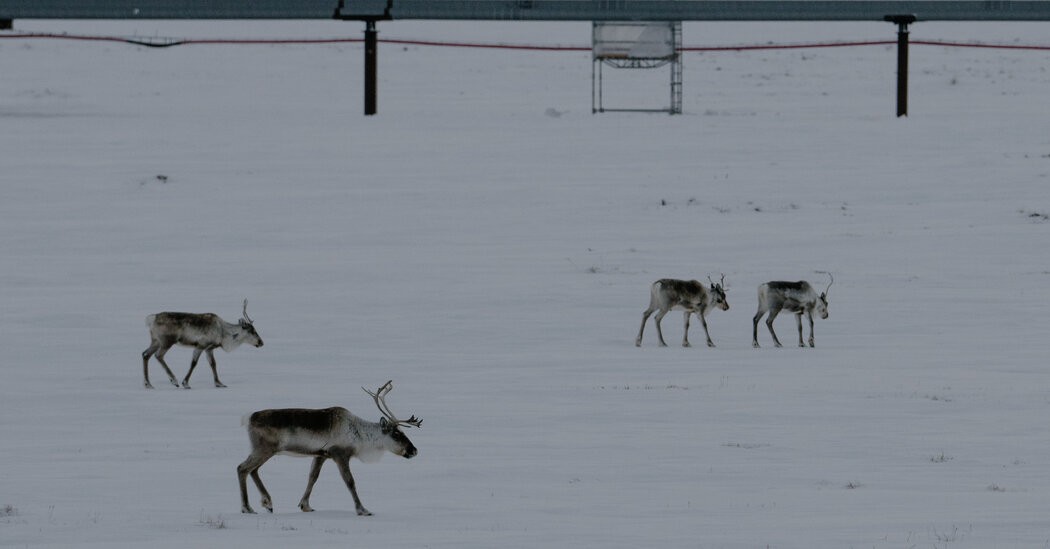The Trump administration has reversed Biden-era restrictions, authorizing oil and gas drilling and mining across half of the National Petroleum Reserve-Alaska (NPR-A), a 23-million-acre expanse of fragile Arctic tundra and wetlands. The move, announced Thursday, unlocks development in a region critical for caribou, grizzly bears, migratory birds, and Alaska Native subsistence practices.
Shifting Policies and Energy Security
The decision reverses a Biden administration policy implemented last year to protect 13 million acres within the NPR-A. Interior Secretary Doug Burgum stated that reopening the reserve will “unlock Alaska’s energy potential, create jobs for North Slope communities, and strengthen American energy security.” The move aligns with a broader Trump administration strategy to aggressively expand fossil fuel production across the United States, including finalized plans to drill in the Arctic National Wildlife Refuge and forthcoming proposals to open vast offshore areas to oil and gas development.
Industry and Political Support
The announcement was met with praise from oil industry advocates and Alaskan lawmakers. Governor Mike Dunleavy called it “another step in the right direction for Alaska and American energy dominance,” while Senator Dan Sullivan hailed it as “a new day filled with opportunity for Alaskans.” The decision reverts regulations to those established in 1977, easing permitting for drilling and mining operations.
Environmental and Indigenous Concerns
Environmental groups and some Alaska Native communities have condemned the move. Earthjustice lawyer Erik Grafe described it as “reckless fossil fuels agenda,” while Monica Scherer of the Alaska Wilderness League accused the Interior Department of ignoring thousands of public comments opposing drilling in the reserve. The NPR-A, originally designated as an emergency fuel supply for the Navy in the early 1900s, was later intended for balanced development under the 1976 Congressional mandate.
Divided Indigenous Responses
Indigenous communities remain divided. While some support the economic benefits, others emphasize the environmental risks and threats to traditional subsistence practices. Nagruk Harcharek, president of Voice of the Arctic Inupiat, stated the move acknowledges “North Slope Inupiaq self-determination.” However, the decision raises concerns about accelerating climate change impacts in a region warming two to three times faster than the rest of the U.S., disrupting permafrost stability, sea ice, and Indigenous food security.
The reversal of Biden-era protections underscores the Trump administration’s commitment to fossil fuel expansion despite growing environmental and Indigenous opposition. The long-term consequences for the fragile Arctic ecosystem and local communities remain uncertain
